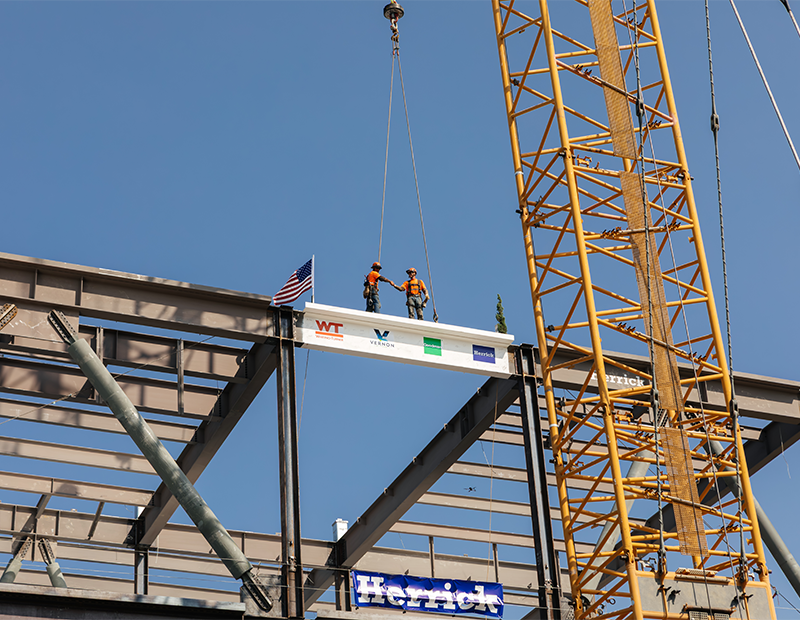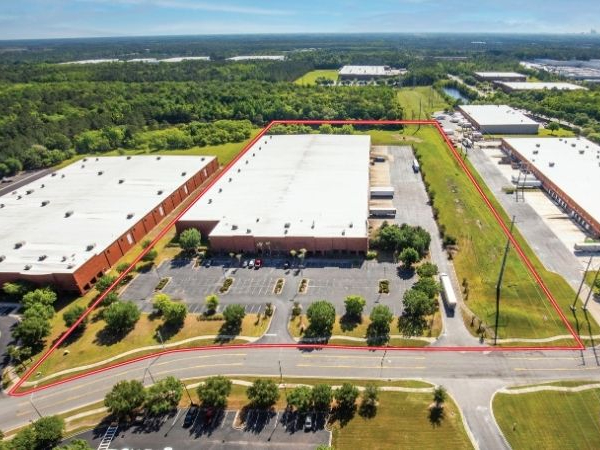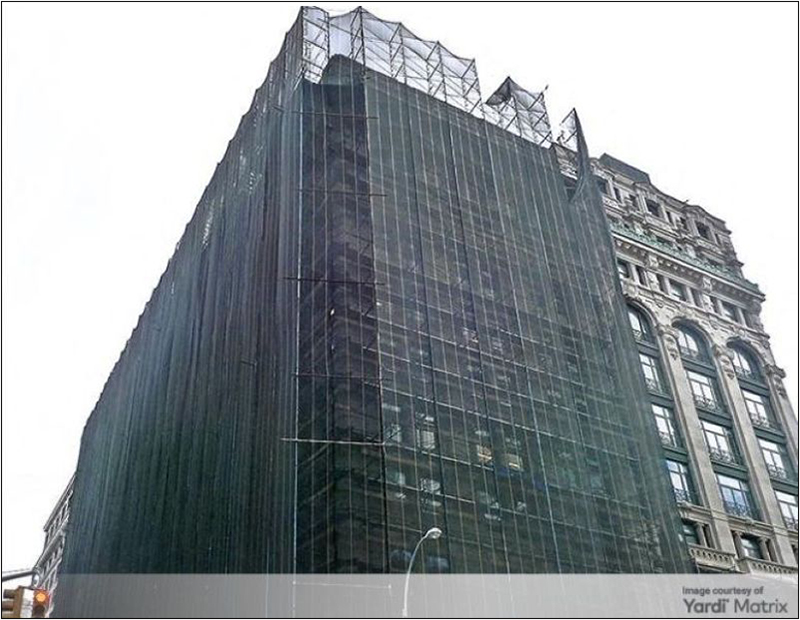CDO Stack: The Case for Redesigning Your CRE Tech Platform
Deloitte’s John D’Angelo imagines what owners and operators could build if they were starting with a clean slate.
I’ve said it before and I’ll repeat it here: Given my role, I routinely get pulled into some fascinating conversations. As someone who has built a career on being curious, it is one of the greatest perks of my job at Deloitte. Interestingly, a relatively new topic of conversation has come up recently, and that is, what would a real estate owner/operator/investor do with a technology “tabula rasa,” or “clean slate”?
This made me realize how rare this opportunity is. When was the last time you took a step back and thought about what you’d do with a technology clean slate? In other words, if you had the chance to erase whatever technology debt you’ve accumulated, swap out legacy core systems that have probably evolved over decades, and optimize your infrastructure knowing what you know today, what would be different? I find this to be a fascinating exercise and a question that is almost never asked.
READ ALSO: CRE’s Top Tech Tools
I guess it is obvious why it doesn’t get asked often; it’s generally an academic question. Most existing companies in the industry have an established technology foundation that, for better or worse, isn’t easily replaced. But for those with whom I’ve had conversations—firms that are either undertaking a massive development that will then need to be operated, contemplating a very large and sustained exposure to real estate as an invested asset class, or expanding operations into an entirely new geography—it is a real and vibrant question: Without legacy technology to rely on or to establish boundaries, how should we design our technology stack?
The conversation and resulting project work was somewhat eye opening for me and caused me to realize that, even if it is seemingly an academic exercise, it would be an instructive one for a number of companies I’ve worked with. I realize it is not the work of a moment or a trivial exercise. Instead, deliberately thinking about what technology options are available, how those options fit together, how different or differently connected tools could change the way work gets done in the enterprise, and what skills or resources are needed to keep that technology stack maintained provides a different lens on the evergreen need to maintain and refresh the technology road map.
READ MORE: CRE Meets the AI Generation
As digital leaders, real estate CDOs have the often tough job of explaining what is possible with all things digital and technological, (hopefully) leading the discussion about what is appropriate for their companies and how that translates to required investment. Taking a big step back and comparing a company’s in-place infrastructure, nature of tools, ability to deploy and integrate new technologies, and the resources and skill sets of your current staff against your ideal environment provides a potentially useful contrast and is a management topic that I don’t remember hearing. Hopefully it is a useful way to open the aperture on what is possible and how the enterprise might think differently about digital and technology investment.
Separately, but relevant to the thread, I’ve been working with a couple of clients who are migrating from on-premise, self-hosted core systems to SaaS solutions. Since such migrations have been happening for a dozen or more years, I’d forgotten how big a mindset change this is for so many companies. Once implemented, the way new releases are tested and migrated into production is a lot like the way your banking app is updated. Like it or not, you don’t get to stay on an old version. It’s a very different way to think about software updates and, ultimately, it’s a very good thing for your enterprise and for an industry that has historically been terrible at keeping its technology current.
John D’Angelo is a managing director with Deloitte and is the firm’s real estate solutions leader, designing solutions to address client challenges and push the industry forward. With more than 30 years of experience as a management consultant to the global real estate industry, John has helped some of the biggest names in real estate leverage technology and use data to optimize and transform their operations.










You must be logged in to post a comment.